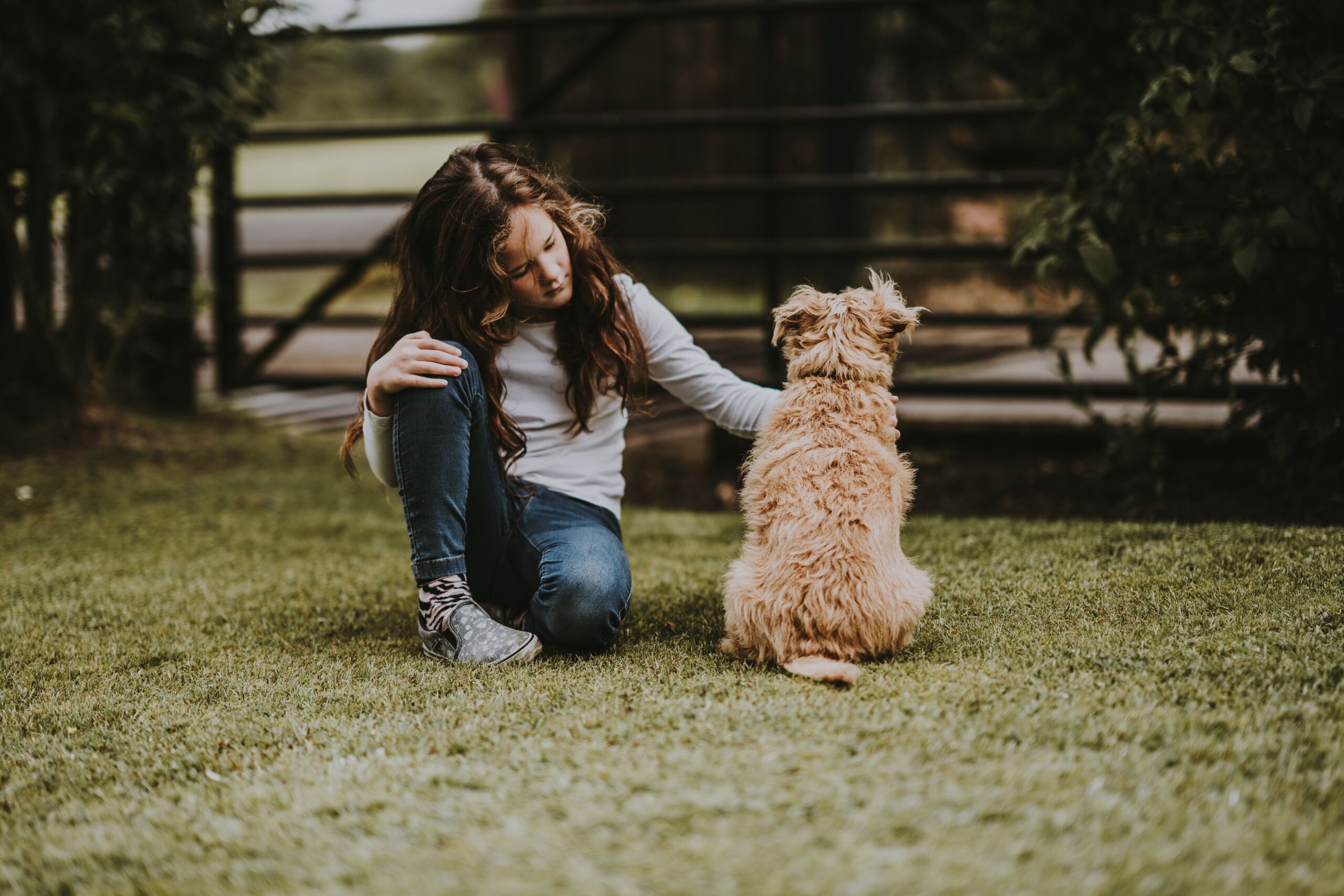How To Help Your Kids Cope With Back-to-School Stress

It’s almost fall, which typically gives me great joy as I wander down the stationary aisle of Target, stocking up on back-to-school goodies. Who can resist a fresh notebook and a good gel pen? But this year, back-to-school sales are the last thing on my mind. And my daughter seems to be feeling the same way.
Despite grumbling about alarm clocks and homework, kids usually look forward to seeing friends and enjoying new activities at school. But last spring taught them–and us parents–that we’re living in uncertain times. Kids might be worried about getting sick or feel wary of school shutting down again.If your child is feeling stressed at the thought of going back to school (or at the thought of online school) here are some ways you can help:
Ask Them What’s on Their Mind
Some kids might voluntarily share any worries they have about going back to school, but many won’t. If your child is keeping mum, ask them how they’re feeling about school starting up again.
Older kids and teenagers often shut down when questioned about, well, anything. So try to make a leading statement like, “Seeing your friends again would be great. But I’m guessing there is stuff that you might not be looking forward to…” Then wait for a response.
If they don’t respond, try again the next day. Eventually, they will open up to you, and when they do, the important thing isn’t saying the exact right thing but simply to listen, show interest and concern, and never judge.
Get Them Involved
Even in the best of times summer means a taste of freedom to many children. They enjoy flexible schedules and making choices for themselves. School might feel challenging to their sense of autonomy. To help counter this feeling, get your kids involved in decision-making at the very beginning.
Hold a “back to school” family meeting, and make sure there are no media distractions like smartphones or TV on in the background. Discuss the year ahead, plan and set schedules for meals, homework, activities, and bedtime. Write these plans down and stick a copy on the fridge. Consider writing a “green phase” plan with a “red phase” contingency.
Talk About COVID-19
Kids of all ages are hearing words like “sickness” “death rate” and “pandemic.” They might struggle to make sense of COVID-19 and what this means for our community. So it’s important to bring up the topic. You could make a simple statement followed by an open-ended question, something like, “Coronavirus messed up a lot of our plans. I feel sad/angry/frustrated, but I’m glad you and I are safe. What questions do you have about coronavirus?” It is also beneficial to follow up these heavy conversations with a gratitude exercise. Let each member of the family take a turn naming 3 things they’re grateful for. Remind each other no matter how the school year turns out, you still have those things, and you still have each other.
Parents and children alike are worried about starting school in this socially distant world. However, some of us are having a harder time with it because of anxiety and depression. These are folks who may need help from a professional therapist who can uncover where the issues are coming from and offer tools and resources for coping.
If you or a loved one is interested in exploring treatment, please contact me today at [email protected]. I would be happy to speak with you.
This article was published in 422 Business Advisor, August 2020.
